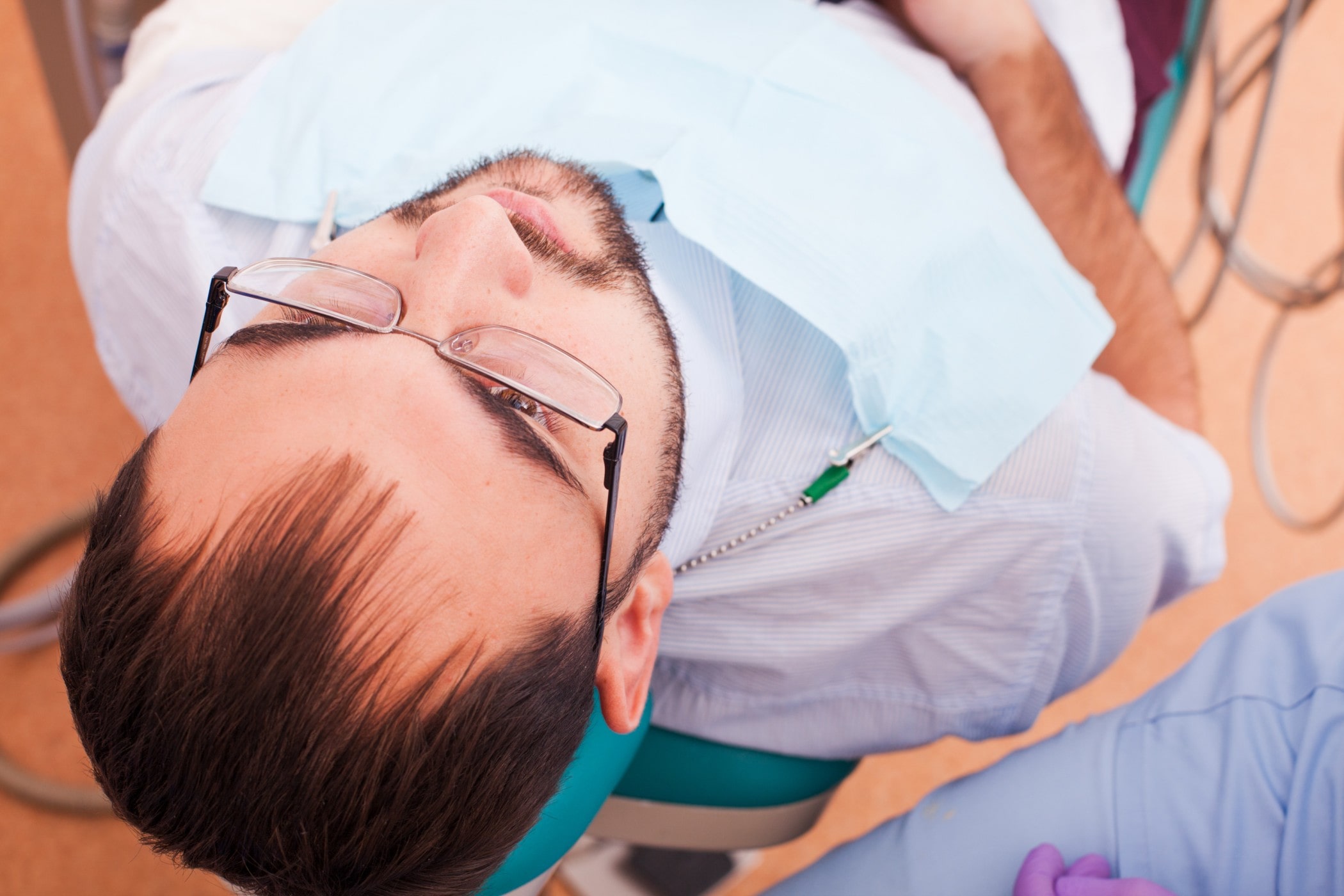Dental implants involve the placement of a titanium post into your jaw, where it is accepted as if it were a natural tooth root. That post will eventually support an abutment, which will connect your final restoration — perhaps an artificial tooth, a bridge, or even a denture. Implants are a permanent solution for tooth loss, and an alternative to traditional options such as removable dentures, removable bridges, and crowns.
Every dental implant procedure is different for the simple reason that every patient is different. Your dentist near Kissimmee will need to access your jaw, which does mean making an incision in the gums, then drilling a small hole into your jaw bone to accommodate the titanium post. Implant procedures are straightforward and your dentist near Kissimmee is highly trained to complete the procedure quickly using the most advanced techniques and technology. Just how extensive the work will be in your case depends on your personal circumstances, including your general and oral health, the number of teeth affected and implants being placed, and whether you require any bone grafting before being able to accept an implant.
What to expect during the procedure
The implant procedure itself is performed while the affected areas are completely numbed. Every dentist near Kissimmee understands that dental procedures can be a source of anxiety and even fear in people of all ages. If you’ve decided to receive dental implants near Kissimmee, but experience dental fear or anxiety, discuss that with your dentist and their staff ahead of time. They can offer options to ease your anxiety and increase your comfort throughout the entire process — including sedation dentistry at a level tailored just for you.
What to expect during your recovery
Dental implant procedures can cause some pain and discomfort, particularly after the anesthesia and any sedation wear off, and as you are healing and recovering. Just how you will experience your recovery varies from person to person, and the most complex cases will require a longer recovery period, but most patients do experience some pain, swelling, bruising, and even minor bleeding following their procedure. Some dentists might not mention these things, but we want to be upfront with you about what to expect so that you’re prepared and go into the whole rewarding process with all the information you need.
People generally recover from the implant procedure itself within seven to 10 days, by which time the swelling and pain have usually disappeared. Your dentist near Kissimmee will provide you with detailed instructions on how to care for your mouth to ensure a complete and speedy recovery. In the next section, we’ll provide you with some times for managing the pain and discomfort after your procedure.
How to ease any pain after dental implants?
During the first week to ten days after implant surgery, try the following common-sense approaches to easing any discomfort:
-
Follow your dentist’s aftercare instructions carefully to avoid any infection
-
Try over-the-counter pain medications containing ibuprofen
-
Apply a cold compress (or bag of frozen peas wrapped in a clean towel) to the outside of the affected area
-
Soak and swish the affected area gently with mild saltwater (½ tsp of salt in a cup of water just warm enough to dissolve the salt)
-
Avoid foods that are hot, cold, crunchy, and chewy. Focus on foods that are soft and mild — think of things like yogurt, smoothies, mashed potatoes (slightly cooled), mac’ and cheese (slightly cooled)
-
Brush and floss normally, but avoid the treated area until directed by your dentist
-
If your pain and discomfort or any post-implant symptoms worsen rather than get better or if you develop a fever, contact your dentist near Kissimmee or an emergency dentist right away. Tell them what you’re experiencing and ask for their advice.
Dental implant procedures are common and incredibly rewarding when it comes to providing permanent solutions for tooth loss issues that affect millions of people. Those rewards, we admit, do come with some risk of discomfort. That discomfort during and after the procedure can be minimized with some advance discussion with your dentist near Kissimmee, and some careful attention to aftercare precautions.
